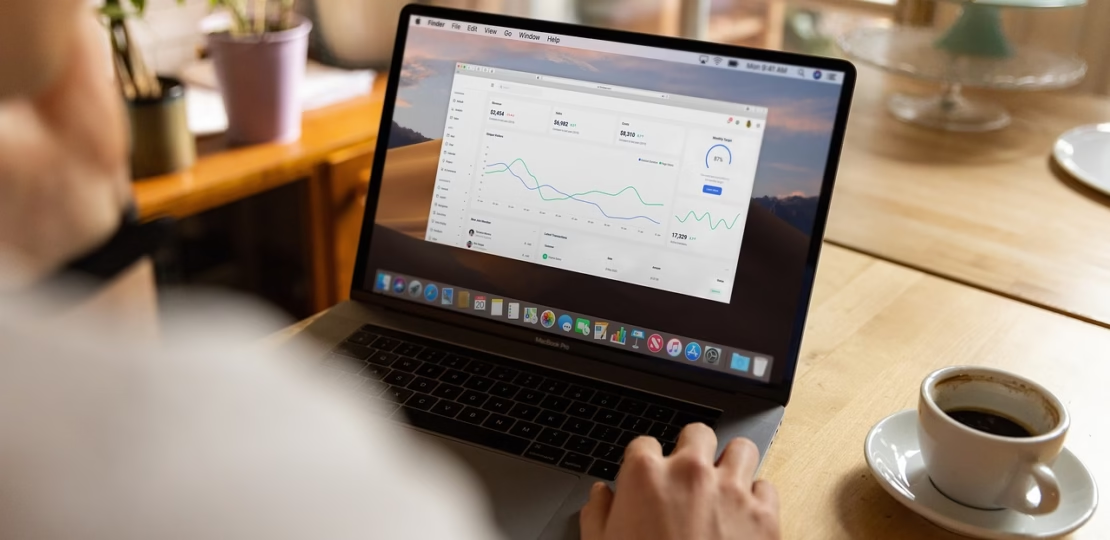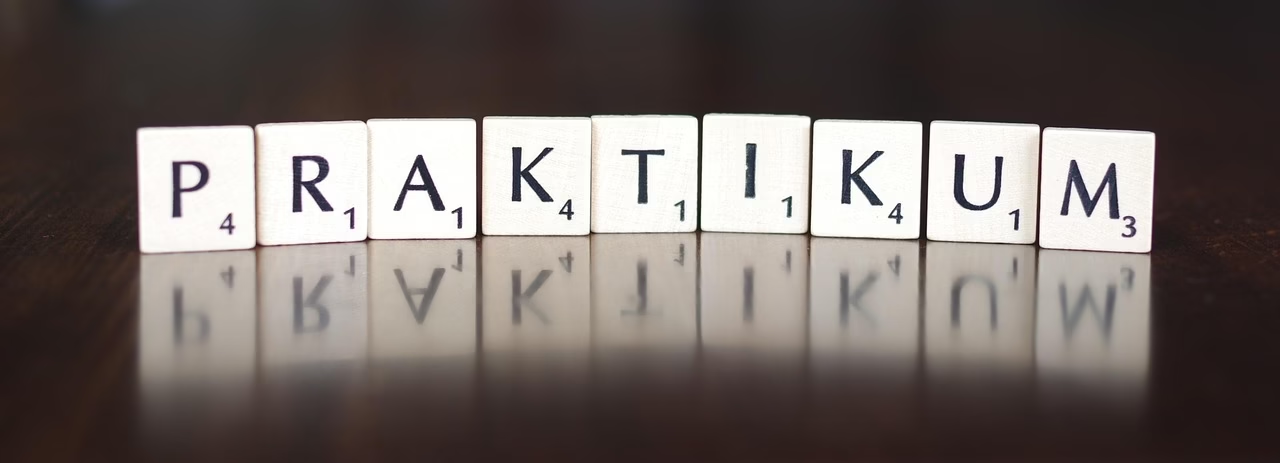“Ending the ‘Infinite Workday’: Strategies to Combat Digital
June 23, 2025 | by Ethan Rhodes

Ending the ‘Infinite Workday’
Smart Strategies to Beat Digital Overload & Truly Reclaim Your Time
Let’s be real—if you feel like your workday never really ends, you’re not alone. With every ping, email, and impromptu call, it’s easy to find yourself working at odd hours, drifting between work and personal life like a boat in the digital tide. I’ve seen it happen time and again—not just as a workplace strategist, but as someone who’s navigated this foggy terrain myself. Here’s how you can finally draw the line and start living on your terms—without losing momentum at work.
The ‘Always On’ Trap
Remote and hybrid work shifted the world in positive ways, but it also erased the old boundaries that helped us switch off. Now, our phones and laptops are bridges connecting every corner of our lives to the workplace. It’s more than just annoying—it’s draining our focus, creativity, and energy. That “just one more email” urge? It snowballs, turning your evenings and weekends into a blur of low-level stress and distraction.
“Digital overload doesn’t just zap productivity—it erodes the simple pleasure of being present in your life.”
Notice the Signs of Digital Overload
- More notifications than actual conversations
- Feeling your attention ricochet between tasks like a ping-pong ball
- Persistent digital fatigue, even after a full night’s rest
- Difficulty winding down in the evening, mind buzzing with to-dos
- Friends or family joking, “Are you always working?”
If any of this sounds familiar, it’s time for a reset. Here’s how to reclaim your work-life balance, starting now.
Strategies to End the Infinite Workday
The Mindset Shift: Permission to Disconnect
Ending the infinite workday is not just about tools and rules—it’s about a shift in self-permission. For years, I carried a quiet guilt about “turning off.” But I’ve learned (and coached countless pros through) this truth:
“Your value isn’t measured by your digital availability. You do your best work—and live your best life—when you intentionally disconnect.”
Create a Personal Reset Plan
- Pick your non-negotiables: Identify what time your workday truly ends, and write it down.
- Announce your new routine: Share your boundaries with colleagues or your boss. Most people respect clarity!
- Celebrate your wins: Each week you nail your new schedule, reward yourself—no matter how small the win.
It won’t always be perfect. Sometimes work emergencies leak into your evening. The trick is to make the default scenario restful, not rushed. Show yourself that protecting your time is the ultimate productivity tool. Every notification you silence, every evening you reclaim—that’s you building a better blueprint for working, living, and thriving.
Workplace Strategist & Productivity Coach

RELATED POSTS
View all



